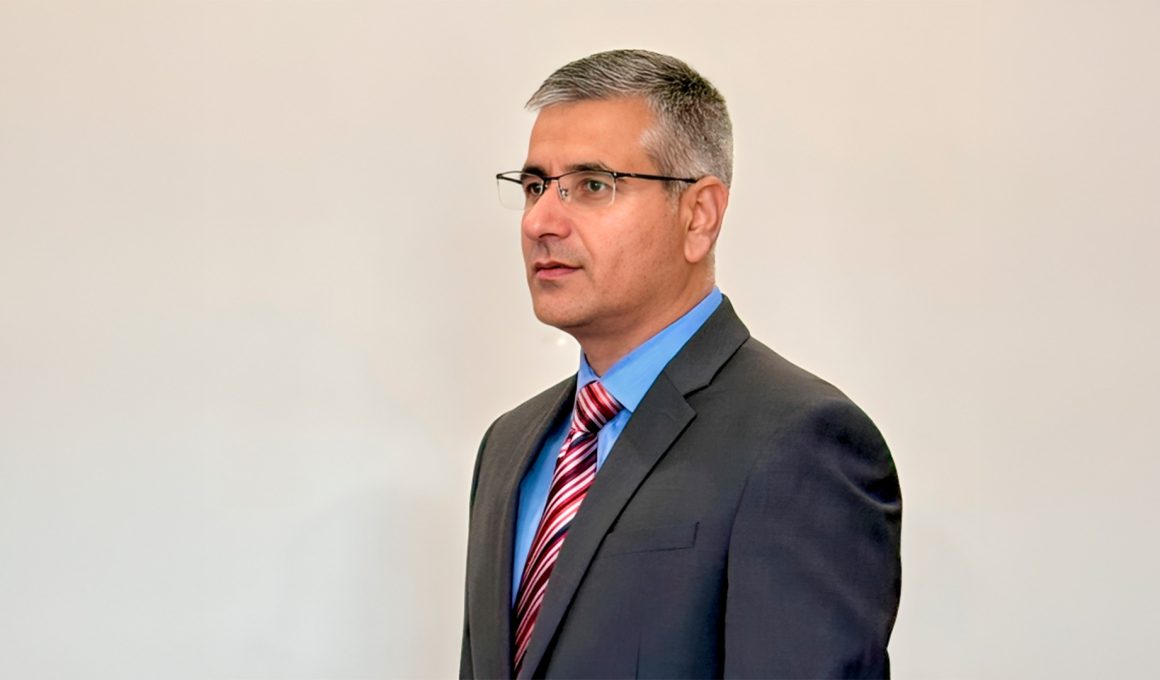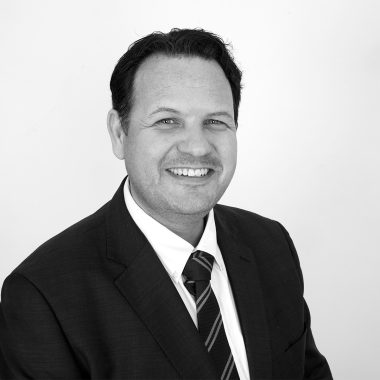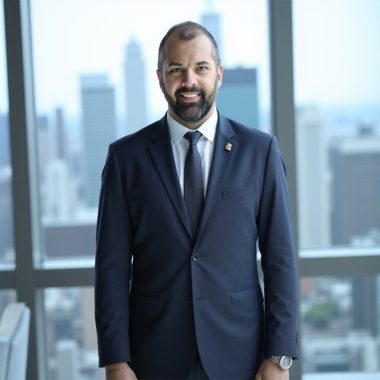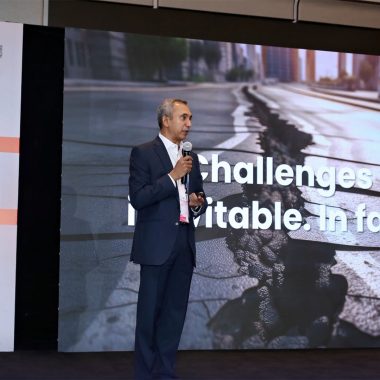Administrative burdens and documentation have become a crushing burden for physicians across America, with studies showing doctors spend only 27% of their time in direct patient care. This mounting administrative workload is driving unprecedented burnout among medical professionals while reducing quality of care. Dr. Zaman Shah, a practicing physician with 15 years of healthcare experience, has developed Medway AI to tackle this growing crisis by automating documentation and administrative tasks so doctors can focus on what matters most – their patients.
Experiencing the Problem Firsthand
Dr. Zaman brings extensive credentials to his healthcare innovation work. After completing his internal medicine residency at the University of Kentucky, he gained experience as physician and leader across both hospital and outpatient settings. His education includes an MBA from the University of Alabama in Birmingham and executive courses from Harvard University specializing in healthcare AI and digital transformation.
“Over the years, I’ve seen an ever-increasing demand on physicians’ time due to documentation, insurance, compliance, billing, and other needs,” Dr. Zaman explains. “That takes away precious time from the physician-patient interaction.” This deteriorating human connection in healthcare became the catalyst for creating Medway, a platform designed to automate redundant administrative tasks and bring back empathy and compassion into physician-patient engagement.
Facing the Physician Burnout Epidemic
The statistics are alarming: approximately 68% of U.S. physicians show signs of burnout, while three-quarters of their workday is consumed by tasks unrelated to direct patient care. Dr. Shah notes this trend is affecting recruitment into the medical profession. “Newcomers are losing interest in the field because they see all this documentation and administrative burden rather than what people are passionate about – taking care of patients,” Dr. Shah points out. His solution addresses this fundamental disconnect between the medical profession’s purpose and its daily reality.
Medway’s approach focuses on two key principles: patient-centered care and clinician wellbeing. “Medway is simply a better way for healthcare,” Dr. Zaman explains. “It takes care of the documentation, data retrieval, quality and compliance tasks so physicians have more time to engage directly with patients.” The platform uses AI tools to handle the administrative work while also improving access to information for better clinical decision-making. “This leads to better engagement with patients, better patient outcomes and experience. At the same time, it takes care of physician burnout,” he adds.
Creating Physician-Centered Innovation
Dr. Zaman’s development process stands apart from many healthcare technology initiatives by putting physicians first. “You have to start with people, not technology,” he emphasizes. “Healthcare is so nuanced and complicated that an outsider approach doesn’t work.”
His methodology involves three essential components:
Start with Clinical Expertise: Medway employs a clinician think tank including physicians, nurse practitioners, and other frontline workers who identify real workflow problems. “They look at the real-life problems in a clinical workflow, discuss what needs improvement, what needs automation – and that goes to the technical team,” Dr. Shah explains.
Maintain Relentless User Focus: The company continuously gathers feedback from practitioners using the platform, making adjustments based on real-world experience. This approach ensures the technology evolves to meet actual clinical needs rather than forcing clinicians to adapt to rigid systems.
Prioritize Safety and Accuracy: Dr. Shah insists these elements are non-negotiable in healthcare technology. “Healthcare information is the most protected kind of information. There has to be embedded mechanisms of data safety, privacy and compliance,” he notes. “The system has to be accurate – people are already somewhat skeptical about AI in healthcare and inaccurate and impractical solutions can erode the trust even more.”
With U.S. healthcare spending reaching $4.9 trillion annually but lagging behind other high-income nations in quality, Dr. Shah sees technology as essential for addressing systemic inefficiencies. “A third of that spending – more than a trillion dollars – is wasteful spending largely related to inefficiencies,” he remarks. Medway’s position at this intersection of clinical need and technological capability has Dr. Shah optimistic about the future. “We’re really well positioned to be a major player in the healthcare AI space in the next year or so,” he concludes.
Follow Dr. Zaman Shah on LinkedIn to stay up to date on his mission to transform healthcare with human-centered innovation.








